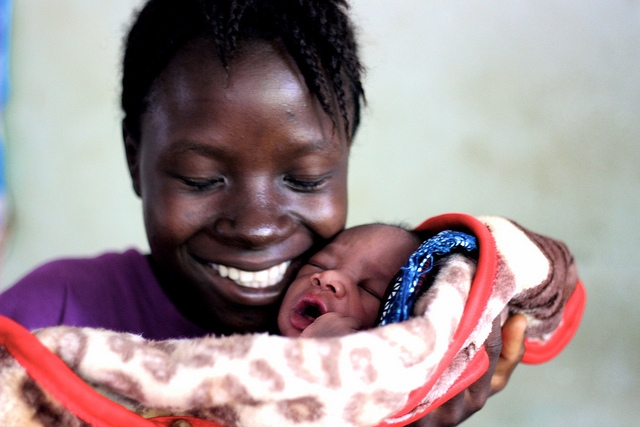Global Environmental Change, Volume 26, May 2014
Western diets are characterised by a high intake of meat, dairy products and eggs, causing an intake of saturated fat and red meat in quantities that exceed dietary recommendations. The associated livestock production requires large areas of land and lead to high nitrogen and greenhouse gas emission levels. Although several studies have examined the potential impact of dietary changes on greenhouse gas emissions and land use, those on health, the agricultural system and other environmental aspects (such as nitrogen emissions) have only been studied to a limited extent.

